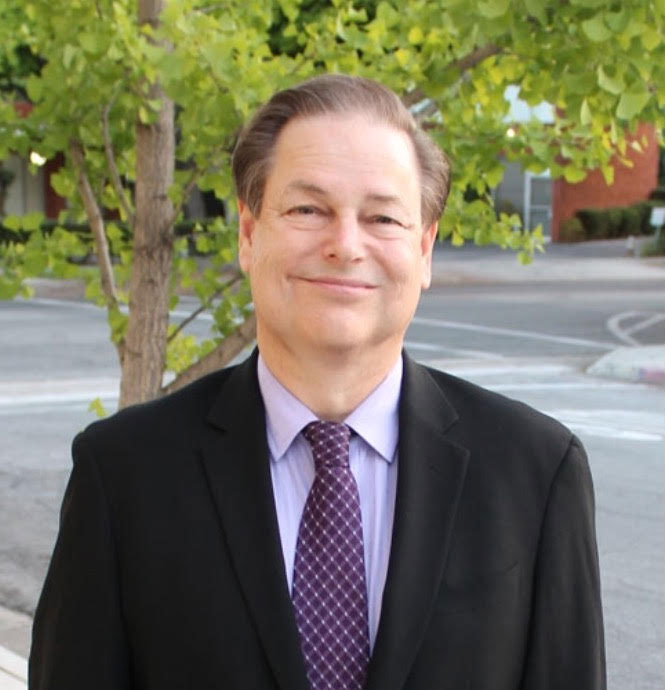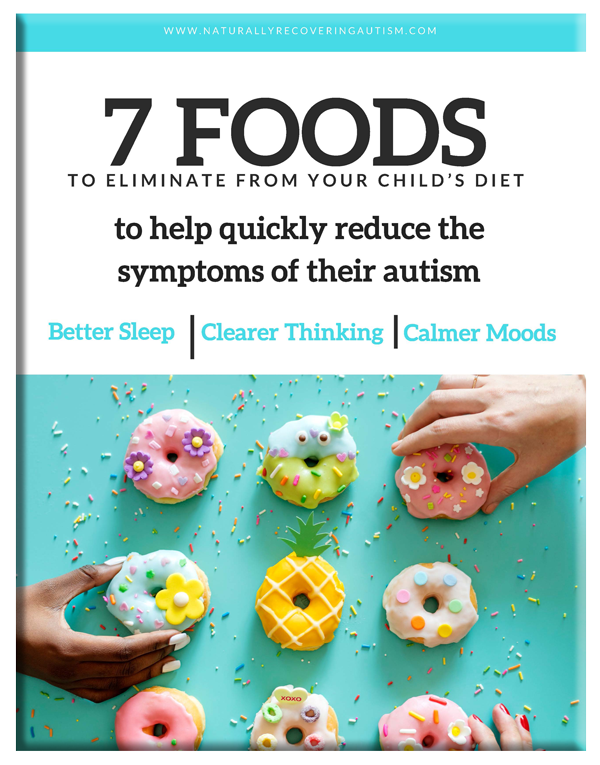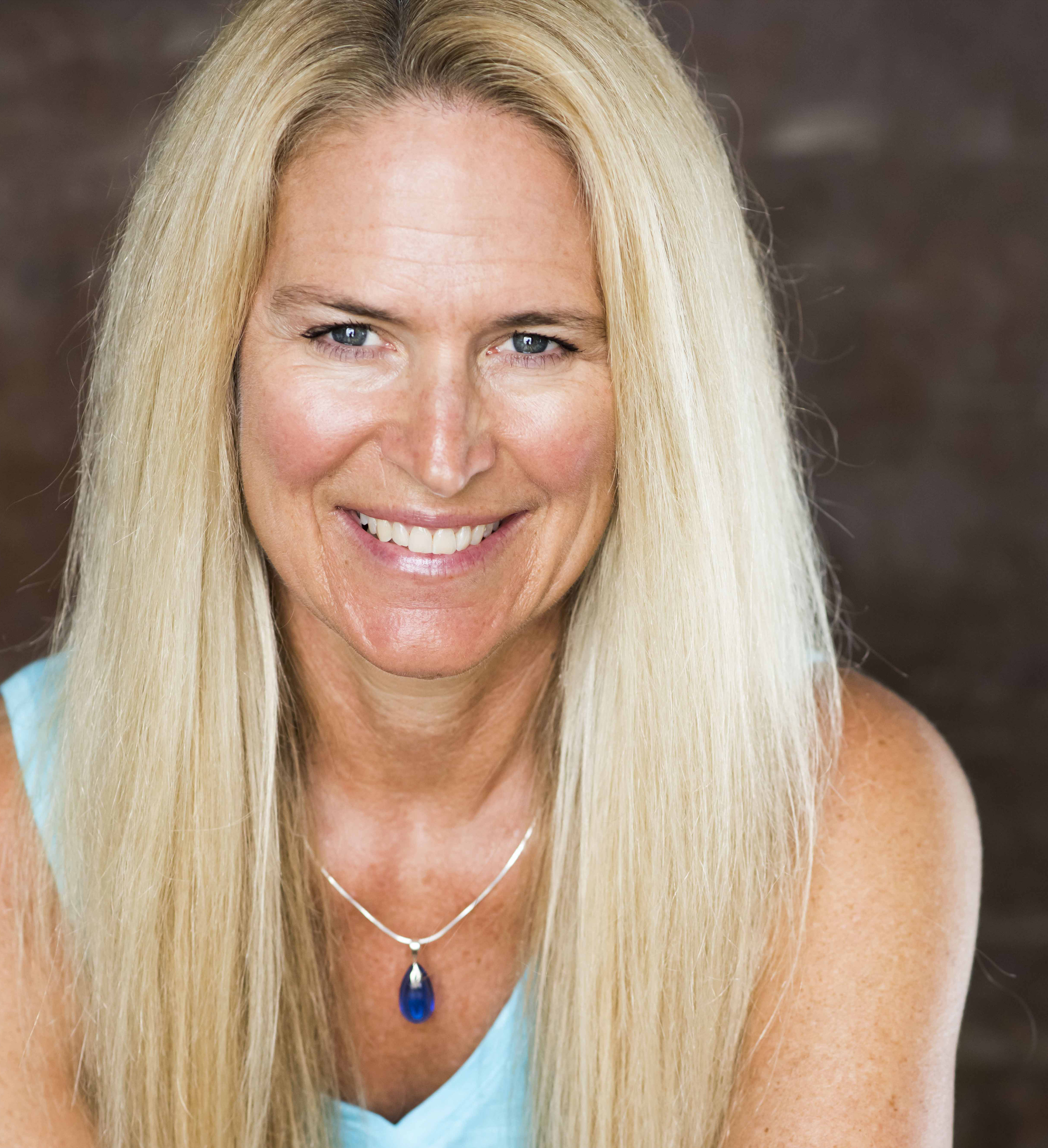Genes are the blueprint, present at conception, that provide the instructions on how to build and operate our minds and bodies. We all have tens of thousands of genetic changes, called variants. Many have no effect, while others determine us to be unique individuals. Some of these variants act as risk factors for disease, either decreasing (resilience) or increasing (susceptibility) the chances of developing different disorders.
However, genes are not the only factor leading us to be the individual we are, and acting to decrease or increase the risk for disease. Environment is also critically important. Genes and environment act together in the development of health and disease, and act on each other. For example, environmental factors frequently affect the “expression” of genes, including when and where specific genes are activated. A partial list of environmental factors that act on genes includes physical and emotional trauma, infection, diet, exercise, drugs (both legal and illegal) and toxins.
Autism is not a single disorder, but a behaviorally-defined concept that can be caused by a variety of conditions that affect the brain. Autism is a highly genetic condition, in that genetics comprises most of the cause. There are thousands of genes implemented in autism, and different individuals have different genes that are involved in why that individual is affected. Despite this large, and highly varied, genetic component, environment is also a factor in terms of who will develop autism, and the degree of the disorder. However, manipulation of the environment frequently can play an important role in healing autism. As each individual has different genes involved in causing their disease, the number of environmental therapies (“treatments”) is large. The primary question is which treatments will most likely benefit a given individual patient. To answer this question best, one needs to identify the genes involved in that person’s disease. This is where genetic testing comes in.
The power and promise of genetic testing has improved dramatically in recent years, even over the last year or two, in terms of what it can offer families. Improvement can be in “core” autism areas (e.g. attention, language, behavior, anxiety, etc.) and/or outside the core (GI, fatigue, pain, depression, seizures, etc.). In many cases, the degree of improvement is remarkable, while in others it can be intermediate, subtle, or absent.
What Testing to Order and Whom to Test?
Panel testing refers to testing whereas a subset of genes are sequenced. While the state-of-the-art only a few years ago, the great number of genes involved with autism, and the rapid expansion of this gene list, makes any panel outdated even before it is first offered. Many academic centers today offer whole exome sequences (WES, or “exome”), which involves the sequencing of the most-important regions (including coding and splicing) of all ~23,000 genes in the body. WES reveals small DNA variants, but to be complete, it must be paired with chromosomal microarray (CMA, “microarray”) to identify medium and large variants. In addition, neither WES nor CMA generally includes mitochondrial DNA (mtDNA, encodes for energy metabolism), trinucleotide repeats (including fragile X) and pharmacogenetics (PGx, which drugs are likely to be effective, and which doses should be considered). All of these genetic tests are relevant and important in autism.
Whole genome sequencing (WGS, “genome”) involves the sequencing of essentially all of the DNA, and is rapidly growing in usage. While more expensive than WES alone, in some laboratories, WGS includes not just WES and the (extensive) non-coding sequences, but also microarray, mtDNA, and PGx. Yet, genome pricing is generally less than that of all 5 tests ordered separately, and provides much more information. WGS is also an investment in the future, as the entire DNA is sequenced, and available on a computer to search as more information becomes known.
De novo variants (or “mutations”) are common in autism, affecting about one-third of patients. A variant is “de novo” when it is present in the child but absent from both parents. When identified, in a gene related to autism, a de novo variant is highly likely to be the primary cause of the condition. Thus, it is very important to sequence both parents as well as the child (known as “trio” sequencing).
How Is a Sample for Testing Collected, Where to Test, and Who Can Interpret the Results?
Samples for testing can be painlessly taken from saliva. This can then be shipped by standard mail to a quality laboratory for testing. Dr. Richard Boles, a geneticist specializing in autism, chooses the laboratory to send samples on his patients based on quality testing, service, computerized bioinformatics to aid in interpretation, and price. At present, he sends samples to
VariantYX or to Centogene.
Most physicians do not understand modern genetics and genetic testing well enough to order and interpret results, as well as how to use these results to alter patient care and to improve patient outcomes. Laboratory personnel know very little about the patient and family, and thus are constrained in their ability to relate the massive amount of data (over 30,000 variants identified per patient!) into clinically-meaningful treatment options. Connecting the DNA sequence data to the individual and family, with the determination of treatment changes based on genetic results in order to benefit the patient, is the most-important step, and the primary focus of Dr. Boles’ practice. In order to connect the treating physician and geneticist, Dr. Boles helped launch the CNNH NeuroGenomics Program at the Center for Neurological and Neurodevelopmental Health. While physically in locations within the Philadelphia suburbs, patients are helped throughout the USA and beyond via telemedicine. Dr. Boles is licensed in multiple states (AZ, CA, FL, NJ, PA, SC) and can interpret the tests for you if the patient is physically in one of these states. If the patient is outside of his licensing jurisdictions, he can work with your physician to assist in the interpretation and best course of action with treatment.
Genetic testing does not predict the future and does not restrict the options available. Instead, genetic testing helps to determine why YOUR child has autism and/or other conditions, and hopefully that will lead to a change in therapy that will prove successful. Is a medication indicated, or is a natural substance better for my child’s cause of autism? If a medication is indicated, which one? Which dose should be given? These are some of the many questions for which genetic testing frequently provides answers. While some patients do not receive answers, some conditions are not treatable today, and some cases are refractory to treatment, in Dr. Boles’ experience at CNNH and in his private practice, improvement is seen in about one-half of cases.
The Downside?
The incredible increase in testing capabilities has occurred at the same time as a dramatic reduction in price. Increasingly, insurance will often pay for genetic testing in autism, or at least a large portion of the costs. Dr. Boles only works with laboratories that have cost transparency and caps, so that you know exactly how much you owe even before a sample is sent. This is not the case with all laboratories. However, not all families will have coverage for genetic testing, and will have to choose between self-pay options and foregoing testing.
Before proceeding with testing, do ask for pre-test genetic counseling, which can be provided by a knowledgeable physician or genetic counselor. The vast majority of families suffer no harm beyond occasional disappointment at less-than-overwhelming results. However, there are potentialities that counseling can discuss, among which include off-target results (unrelated to the reason for testing), finding that the parents are genetically related, and (rarely) misappropriated paternity.
Dr. Richard Boles on Genetic Testing Options
It is essential to know the options for genetic testing, what to look for, and what those results can tell you. Genetic testing has dramatically improved in terms of what it can offer families, along with a substantial reduction in price, and what families should know about when they consider genetic testing.
Dr. Richard G. Boles biography
Dr. Richard G. Boles is a medical geneticist and a pediatrician who specializes in mitochondrial medicine, functional disease (including cyclic vomiting syndrome, other atypical forms of migraine, and chronic fatigue syndrome) and autism spectrum disorders. His expertise stems from decades of both clinical work and research at a major academic center as well as from his most recent experience in cutting edge biotechnology and genomics. He uses an innovative and integrative approach in both diagnosis and treatment to best serve his patients.
He treats children and young adults (up to age 25) with a variety of conditions, but his main focuses are on:
- Mitochondrial disease and dysfunction
- Autistic spectrum disorders
- Complicated migraine including cyclic vomiting syndrome
- Other chronic pain disorders
- Chronic fatigue syndrome
Dr. Boles, along with a team of experts, has developed a product that combines the multiple supplements helpful for mitochondrial dysfunction into one product called SpectrumNeeds.
Also listen to my interview with Dr. Kendra Becker where we discuss some of these genetic variations referred to as SNP’s or genetic “snips”.
♥
Quickly Reduce Your Child’s Symptoms
of Autism by Eliminating 7 Specific Foods that Most People Consume Daily!
The first crucial step of autism recovery is to begin restoring health to the gut and the immune system.
The health of the gut is directly linked to the health of the brain and therefore to the symptoms of autism. In fact, 80% of the immune system comes from the gut so if the gut is not healthy, then the brain can’t thrive, and the immune system is compromised. It’s a vicious cycle, but thankfully, it’s one that we can put an end to by first eliminating harmful foods.
This is for informational purposes only and is not meant to diagnose or treat. Every child’s level of recovery is different. No two people are the same. It is never implied that all children will have the same outcome. Results are all based on individual biology and the work that is done. This process takes time and various steps, effort and resources need to be weighed. Our programs are intended to help you become more knowledgeable and guide you to help bring your child a better quality of life, whatever that may be. We want to help by giving great content, direction and strategies that move you forward. Nothing on this page or any of our websites is a promise or guarantee of results or future outcomes. The results on this page and any of our websites are not typical or promised. In fact, there will be people who purchase this and other programs and never put the work into implementing the strategies taught and therefore will achieve little to no results. Our more detailed earnings disclaimer, privacy policy, and terms and conditions for this program and website can be accessed via the links below. We hold ourselves (and you) to a high standard of integrity. We are cheering you on every step of the way.











